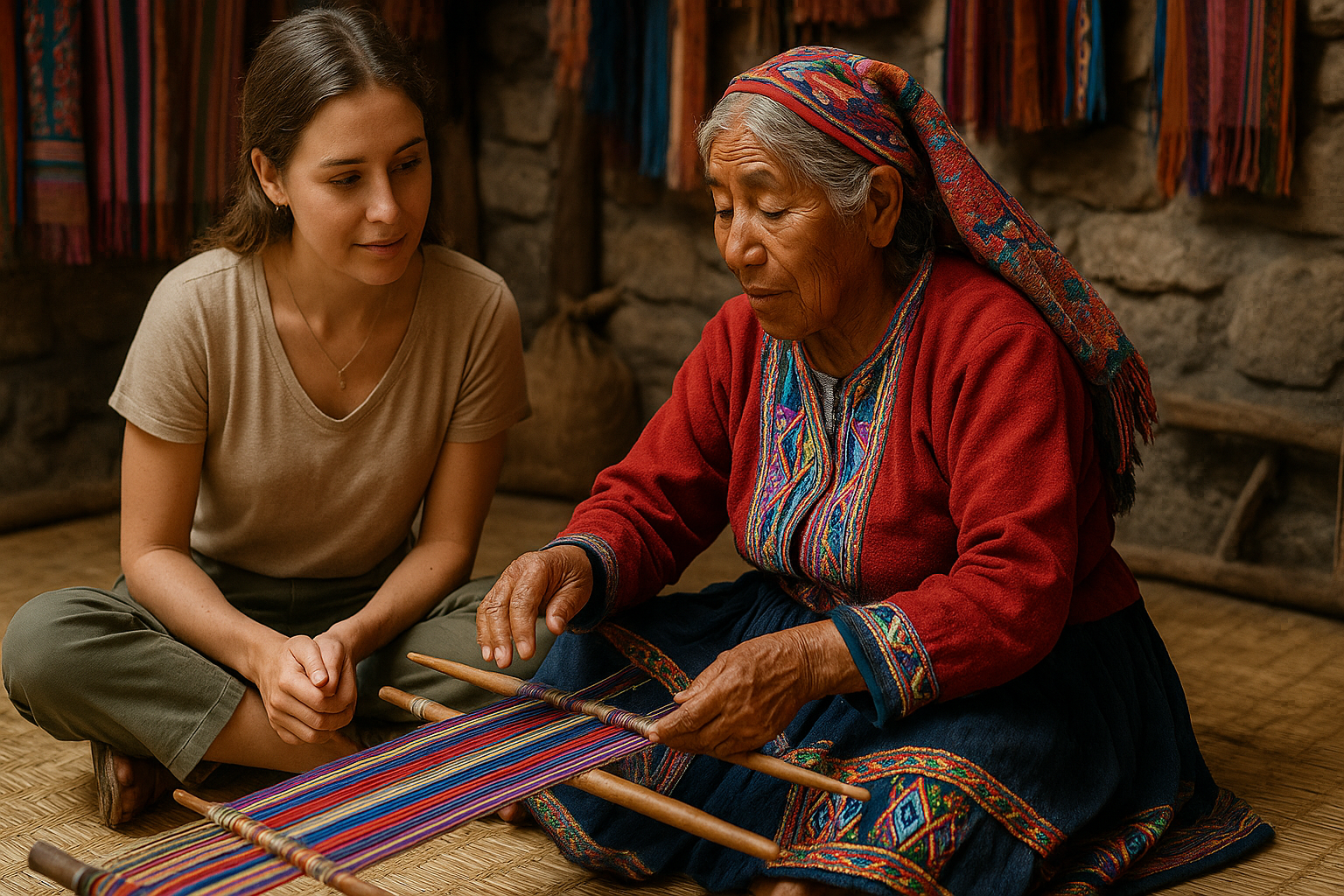We live in a world rich with diversity, and for many travelers, experiencing new cultures is one of the most thrilling parts of the journey. But there’s a thin line between appreciation and appropriation, and crossing it — even accidentally — can hurt the very communities you’re trying to learn from. If you’re wondering how to walk that line gracefully, you’re not alone. Let’s unpack how to focus on Respecting New Cultures While Traveling and making sure your adventures uplift rather than offend.
I remember the first time I visited Morocco. The vibrant souks, the call to prayer echoing at dusk, the women in beautifully patterned hijabs — everything felt fascinating and new. But one afternoon, I saw a group of tourists bartering aggressively, snapping intrusive photos, and joking about trying on traditional clothing for Instagram. It hit me: it’s not enough to just travel; we need to travel thoughtfully.
Start With Humility, Not A Checklist
It’s tempting to approach travel like a checklist: Eat the local food, wear local clothes, attend a local festival. But here’s the truth — cultural experiences aren’t trophies to collect. They’re opportunities to listen and learn. Before you dive into traditions, take a moment to understand their meaning. Why do locals dress a certain way? What does that ritual or dish represent?
For example, before attending a religious ceremony or cultural festival, read up on its history. Websites like Cultural Survival and Global Citizen share valuable insights on indigenous and marginalized communities worldwide. Showing up informed shows respect.
Buy From Local Artisans, Not Mass Producers
It’s natural to want souvenirs — but be mindful of where you’re buying them. A mass-produced “tribal” necklace from a market stall might have no connection to the community it claims to represent. Instead, look for local artisans who can tell you the story behind their craft. Buying directly from them not only supports the local economy but honors the cultural value behind the work.
Organizations like Fair Trade Federation and World Fair Trade Organization can help you find fair-trade vendors and cooperatives that prioritize ethical sourcing and cultural respect.

Ask Before You Participate Or Wear Something
This might sound obvious, but it’s often overlooked. Not every cultural symbol is meant to be shared, especially by outsiders. Certain garments, headdresses, jewelry, or body art carry deep spiritual or historical meaning — wearing them casually can be offensive, even if you admire them.
If you’re unsure, ask. Locals are often happy to explain what’s appropriate. For instance, some temples provide respectful attire for visitors, while others discourage certain types of participation altogether. Resources like Ethical Traveler offer fantastic guides on cultural etiquette by region.
Photography: Capture Moments, Not People As Props
We’ve all seen them — photos of tourists posing next to monks, tribal elders, or children in rural villages. But ask yourself: Would you be comfortable if a stranger pointed a camera at you on the street? While photography is a beautiful way to remember your travels, it should never turn people into props.
Before taking a photo, always ask for permission. Respect “no photo” signs at cultural sites. And most importantly, understand that some moments are meant to be lived, not posted. Reflecting on this is a huge step toward Respecting New Cultures While Traveling.
Language Matters More Than You Think
Even small language choices can show enormous respect. Learning a few local greetings, thank yous, or phrases shows effort and humility. Locals often light up when they see travelers trying, even clumsily, to speak their language. It’s not about fluency — it’s about connection.
There are countless free resources online, like Duolingo and Forvo, to help you learn pronunciation. Using these tools not only makes your trip smoother but deepens your cultural respect.
Challenge Your Own Biases And Stereotypes
Perhaps the hardest part of Respecting New Cultures While Traveling is confronting your own assumptions. What stories have you heard about this country or culture? Are you expecting certain behaviors, appearances, or attitudes because of media portrayals or past experiences?
Travel is the perfect opportunity to let go of stereotypes and approach every encounter with fresh eyes. You might be surprised by the warmth, humor, or complexity of people you meet — but only if you let go of the lens you arrived with.

At the heart of this conversation is a simple truth: when you visit a new culture, you’re a guest — not a consumer. You’re there to learn, listen, and honor the lives and histories you encounter. That’s why Respecting New Cultures While Traveling isn’t about perfection; it’s about humility, curiosity, and care.
Have you ever had a cultural experience that changed how you see the world? Or maybe you’ve caught yourself making a cultural misstep and learned from it? Share your stories in the comments — we’d love to hear your insights and tips.
And if you’re passionate about ethical travel, don’t forget to follow us on social media for more conversations, tips, and guides. Together, we can explore the world with a little more heart and a lot more respect.
Catch up on the top stories and travel deals by subscribing to our newsletter!












Leave a Reply